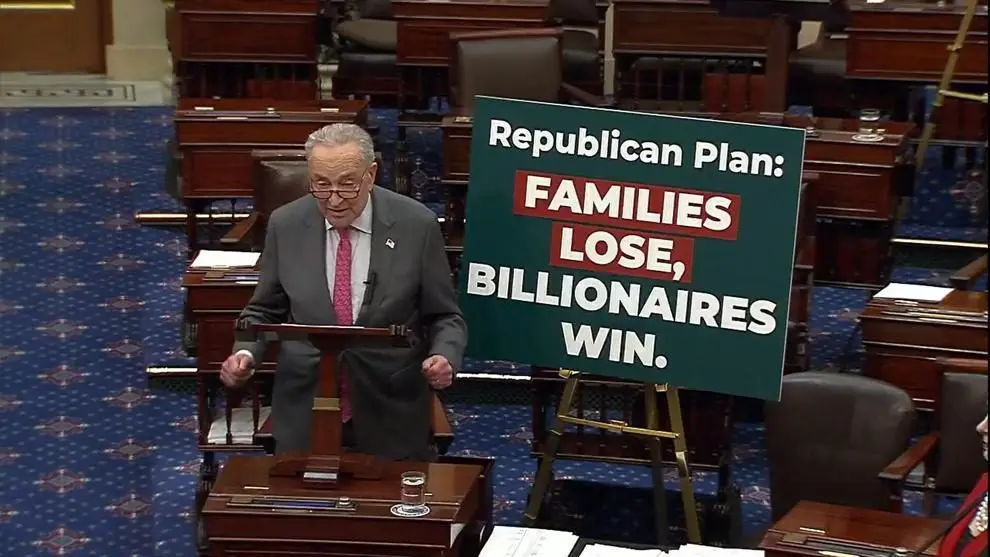(The Center Square) — Lawmakers are looking for answers on the destruction of 30 million tax documents by the Internal Revenue Service in March 2021.
Congressman David Schweikert, R-Ariz., and Congressman Jason Smith, R-Mo., of the House Ways and Means Committee, wrote a letter to IRS commissioner Daniel Werfel on Tuesday asking for the memorandum that explained the recommendation for the “unprocessed, paper-filed informational returns.”
“Let’s say, you know, it’s a couple years from now and you need to go back and say, ‘I need to get copies of what I filed.’ It doesn’t exist anymore,” Schweikert told The Center Square. “I need to make sure that we want to do an amended form or we want, you know, all sorts of things that these tax records are used for and they don’t exist anymore. And we’ve never been able to get a satisfactory answer from the IRS of why this was done, and what policy allowed it to happen? Is there a way to make sure this never happens again?”
When asked if the documents were primarily from individuals or from companies, the congressman said that it is likely ones impacting individuals.
“We’ve been told that was mostly sort of residential, but that when you’re talking, you know, that many potentially millions of individual documents, we’re trying to get a much better understanding of what is it,” he said.
The committee is looking for the memo by August 8, but the tax agency has not complied with previous requests for additional information. For example, the committee asked for the memo on May 17, 2022, but the IRS said on May 18, 2022, it would be too risky and declined to provide it, according to the letter.
A major goal of seeing the memo is to better understand not only what documents were destroyed but also why.
“This is one, we sort of wait till we get sort of the formal response back with a lot more explanation. Instead of an explanation saying, “Oh, we screwed up, we’re sorry.” It’s okay. You screwed up. You’re sorry. I understand that. Now walk us through what it was, why it was, and how we make sure this never happens again, and then also how do we indemnify all the taxpayers whose documents have now disappeared,” Schweikert said.





